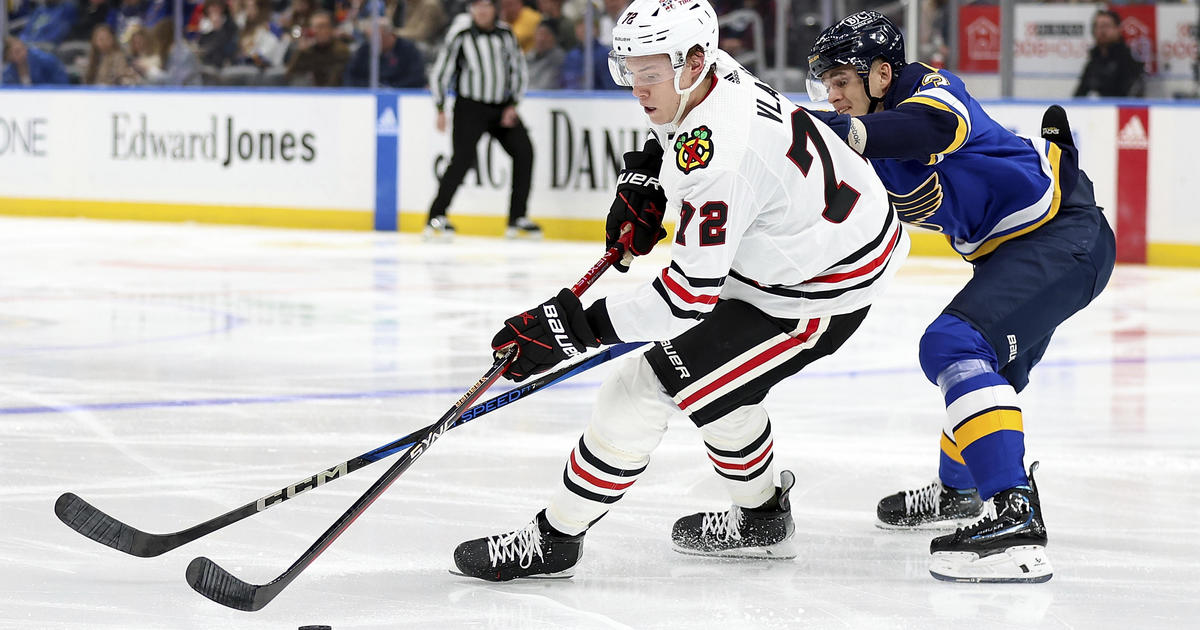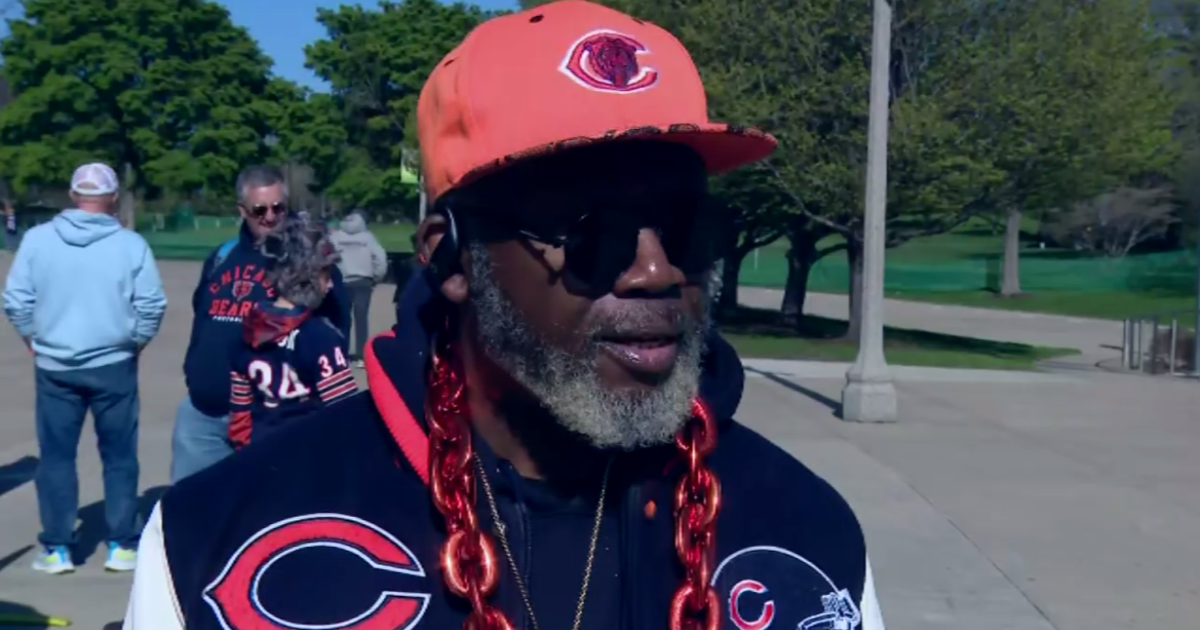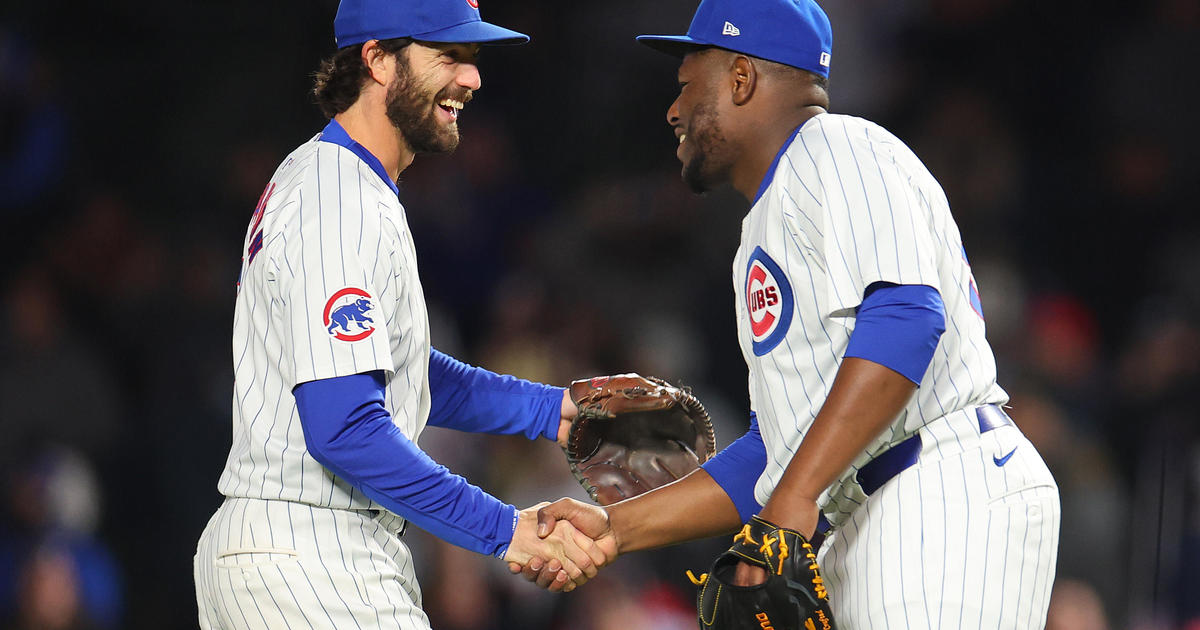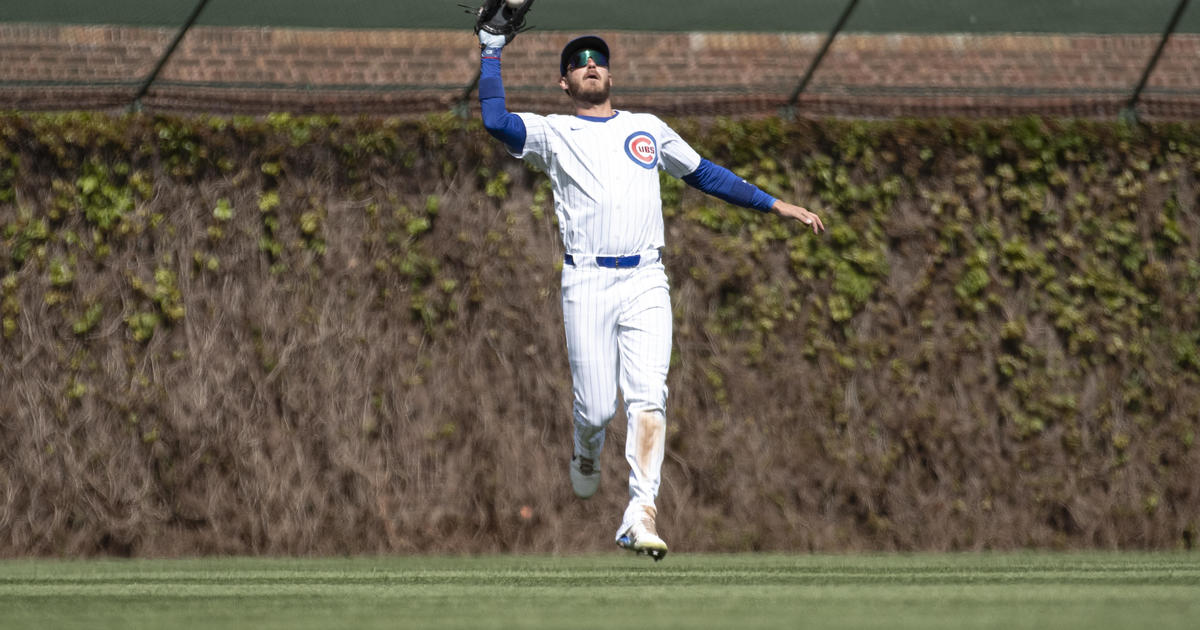Levine: Signing Youngsters Early To Long-Term Deals On Cubs' Mind
By Bruce Levine--
CHICAGO (CBS) -- A long-range plan to keep the players they have and stave off a $200-million payroll is on the Chicago Cubs' mind already.
President of baseball operations Theo Epstein and general manager Jed Hoyer have done a quality job of tying up valuable assets at past stops, weighing both the importance of players against how much money they will earn over the next seven to 10 years.
It's simple to say but worth reminding in today's day and age of exploding salaries: Getting young players signed for the long term is vastly underrated when building a winner.
The Cubs signed first baseman Anthony Rizzo to a seven-year, $41-million contract in May 2013 in a deal that included a $2 million signing bonus. Rizzo average annual salary is just shy of $5.9 million through 2019. The Cubs can control Rizzo two more seasons after that, as they hold club options in 2020 and 2021 at $14.5 million in each season. If those are exercised, that would make the nine-year average of his contract $7.8 million.
The Rizzo deal is an absolute deal for the franchise, as evidenced by his 2015 season in which he hit .278 with 31 homers, 101 RBIs and an .899 OPS.
In an era where the best players will soon be making $40 million a season, this type of progressive signing by the Cubs locks in a perennial All-Star for at least $150 million under market value. Those numbers on a long-term contract -- based on the market projection of a 26-year-old top run producer like Rizzo or 23-year-old Nationals outfielder Bryce Harper -- can be a total game-changer.
These essential projections for big league franchises analyzing the future costs of their product on the field will separate the teams with flexible payroll systems, after revenues peak on local television deals. The television deal bubble won't last forever.
The Cubs will easily be able to handle a $200-million payroll when they get new TV money for 2020 and beyond. That $200-million figure seems like a ton of money, but with escalating player salaries, that may be the median payroll figure for a 25-man roster in three to five years. With Kyle Schwarber, Kris Bryant and Addison Russell under team contract control for six more seasons, the Cubs are in an enviable position but would still like to get some youngsters signed beyond that.
Arbitration after three big league seasons for each player will inflate contracts in its own way. What the Cubs would like to do is project out and sign their best young players through a couple of their free-agent years -- which is sometimes referred to as "buying out" free-agent years.
The price for a superstar slugger in five years could be $45 million per season. That figure may sound like inflated, but when you consider that Diamondbacks right-hander Zack Greinke is already receiving $34 million annually over the next six seasons, you see that as reasonably attainable figure for the best players.
The uncertain variable in the "sign them early" campaign regards agent philosophy. Both Bryant and Russell are represented by Scott Boras, a pragmatic hawk as far as MLB owners are concerned. He has been the driving force for the players' union keeping the needle going up on player salary for 25 years.
Boras doesn't like his players signing early deals before free-agent status occurs, though it's worth noting it still happens occasionally. Therefore, getting the Cubs getting Bryant and Russell under moderate contract control may be difficult. It's the leading support for why the Cubs front office delayed Bryant's call-up to the big leagues last April -- they wanted the extra year of control on the back end of his contract, because that could be worth $45 million or in the early 2020s.
The collective bargaining agreement between the players and owners ends this coming December. Part of the conversation will be about runaway payrolls and ways to legally retard the escalation of players salaries. The owners were hit with a $280-million collusion penalty in 1990 for years of 1986 and 1987. That would be peanuts by today's standards if the owners were ever accused of acting in unison on offering or not offering contracts.
Needless to say, the way the Cubs handled the contract dealings of Rizzo and former infielder Starlin Castro's (seven years at $60 million total) have enabled them to sign two star players for a combined $339 million over the past two seasons -- left-hander Jon Lester at $155 million in December 2014 and outfielder Jason Hayward at $184 million this past December.
This type of creative prognosis in projecting players values will continue on both sides of town, as the White Sox have also been brilliant in giving out dirt-cheap deals to left-hander Chris Sale, left-hander Jose Quintana and outfielder Adam Eaton.
Bruce Levine covers the Cubs and White Sox for 670 The Score and CBSChicago.com. Follow him on Twitter @MLBBruceLevine.



